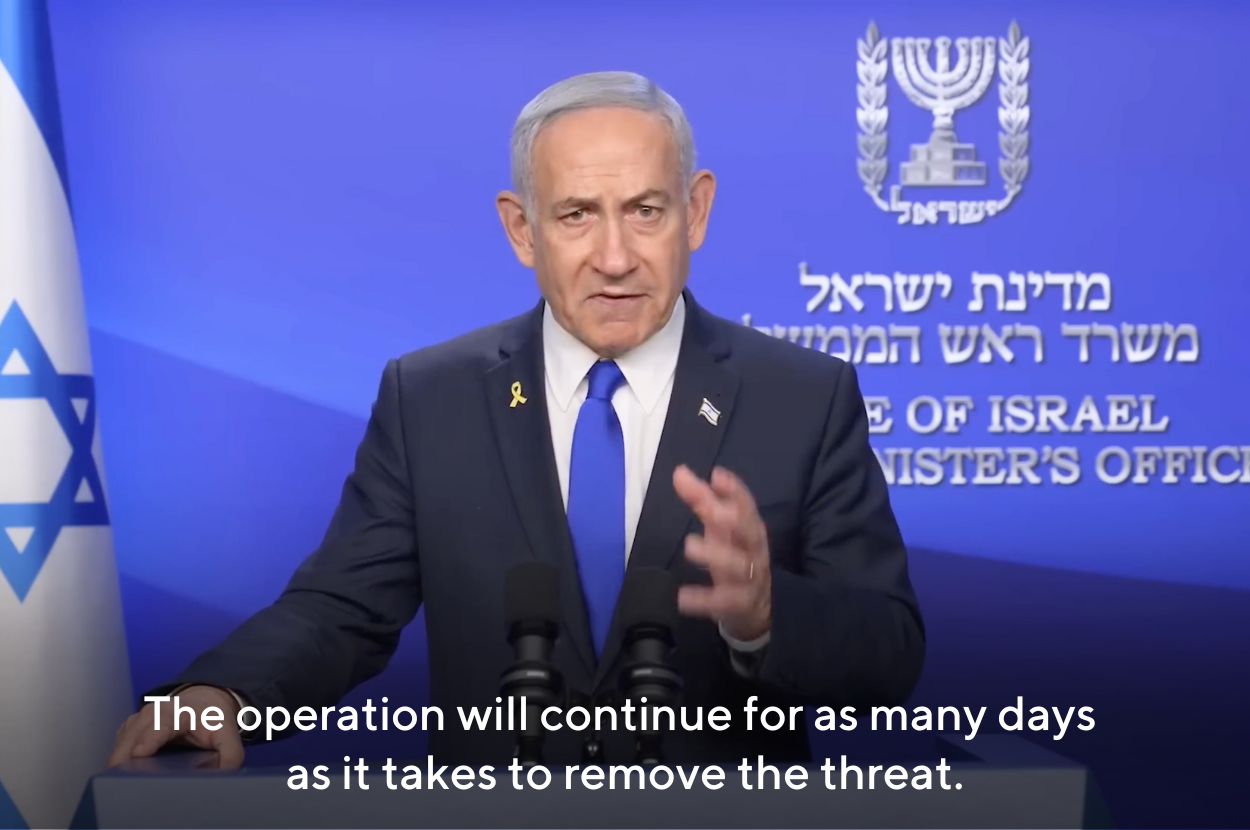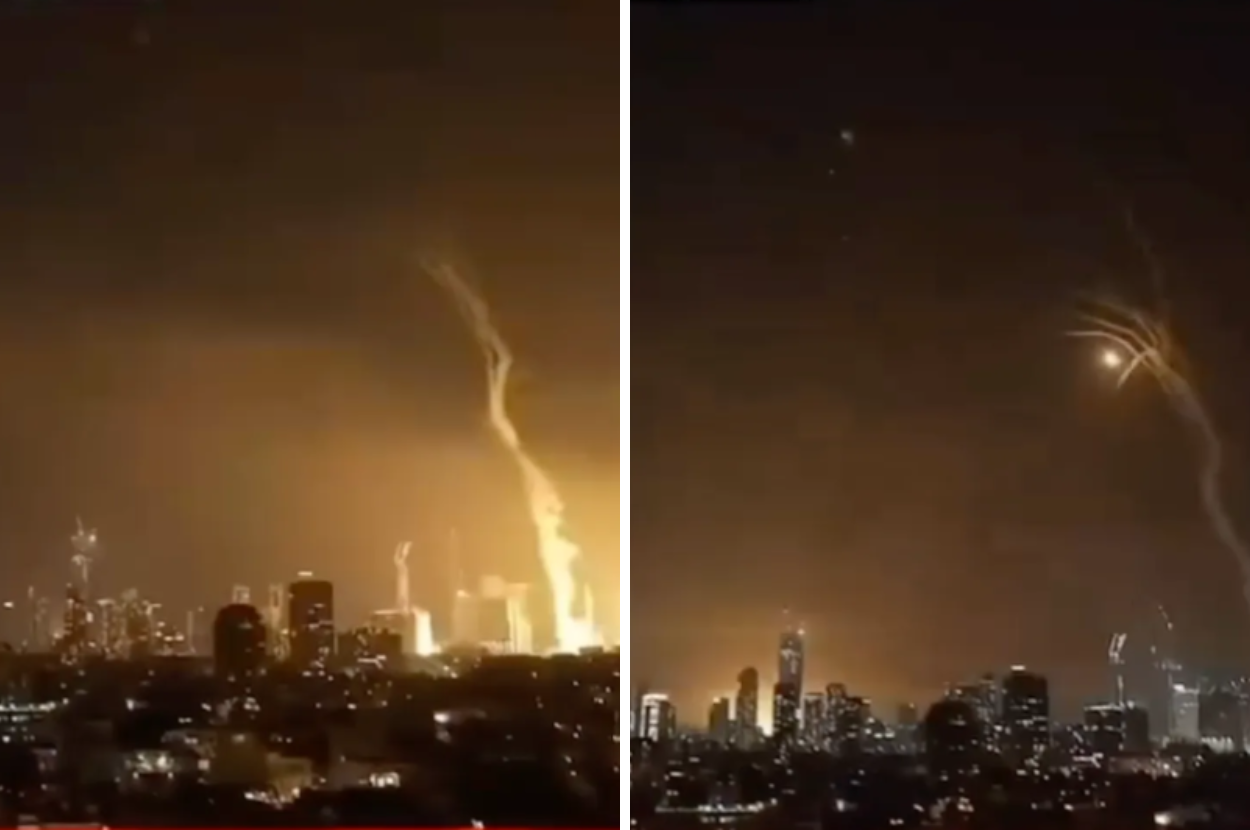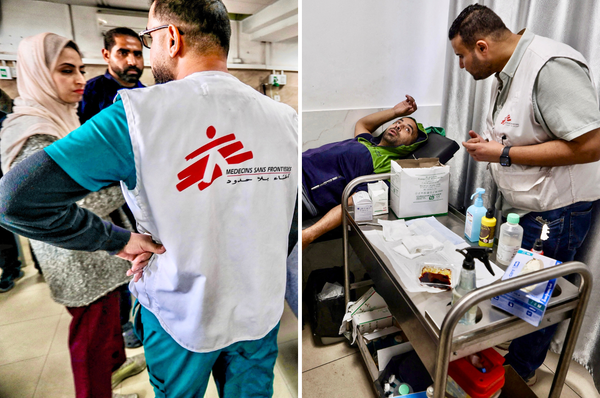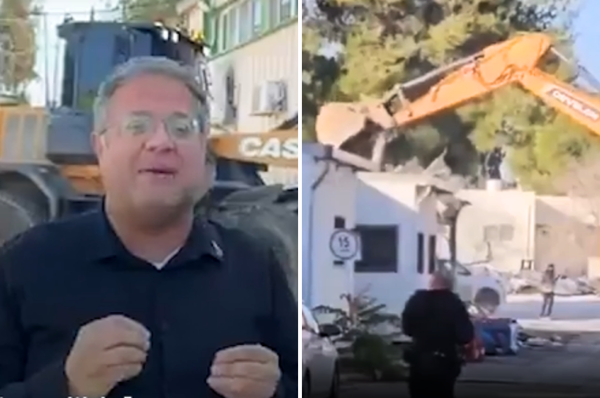Netanyahu Vowed Israel Will Keep Attacking Iran For “As Many Days As It Takes” To Defend Itself
Netanyahu said that Iran’s nuclear and military facilities are a “threat to Israel's very survival", adding the operation will “continue for as many days as it takes to remove the threat”.

Israeli prime minister Benjamin Netanyahu has said that Israel will continue to attack Iran for "as many days as it takes" in order to defend itself.
Israel launched a large-scale, unprovoked attack on Iran’s nuclear and military facilities on Friday, June 13, hitting more than 100 targets across Iran, including the country’s capital Tehran and Natanz, where Iran’s main uranium enrichment facility is located.
Iranian authorities reported at least 78 people were killed during the attacks, including top military commanders and nuclear scientists, as well as women and children.
In a pre-recorded video, Israeli prime minister Benjamin Netanyahu said that Iran’s nuclear and military facilities are a “threat to Israel's very survival", adding the operation will “continue for as many days as it takes to remove the threat”.
He claimed that Iran could produce a nuclear weapon in a "very short time" such as months, adding that it would subject Israel to a "nuclear holocaust."
The International Atomic Energy Agency (IAEA) states that nuclear sites must never be attacked as this may cause radioactive releases with grave consequences for people, the environment and international peace and security, as well as undermine nuclear safety, security and safeguards.
After Israel’s attack, the IAEA said that there was no signs of an increase in radiation levels at Natanz, Al Jazeera reported.
Following Israel’s attacks, Iran’s supreme leader Ayatollah Ali Khamenei said Israel initiated a war and told it to prepare for a “bitter and painful fate”, with Iran launching about a hundred missiles towards Israel.
Israeli health officials said at least 21 people were injured due to the attacks and Israel has since declared a state of emergency.
The attacks have sparked widespread concerns from world leaders of a full-blown war breaking out in the region, and the UN Security Council convened an emergency meeting.







